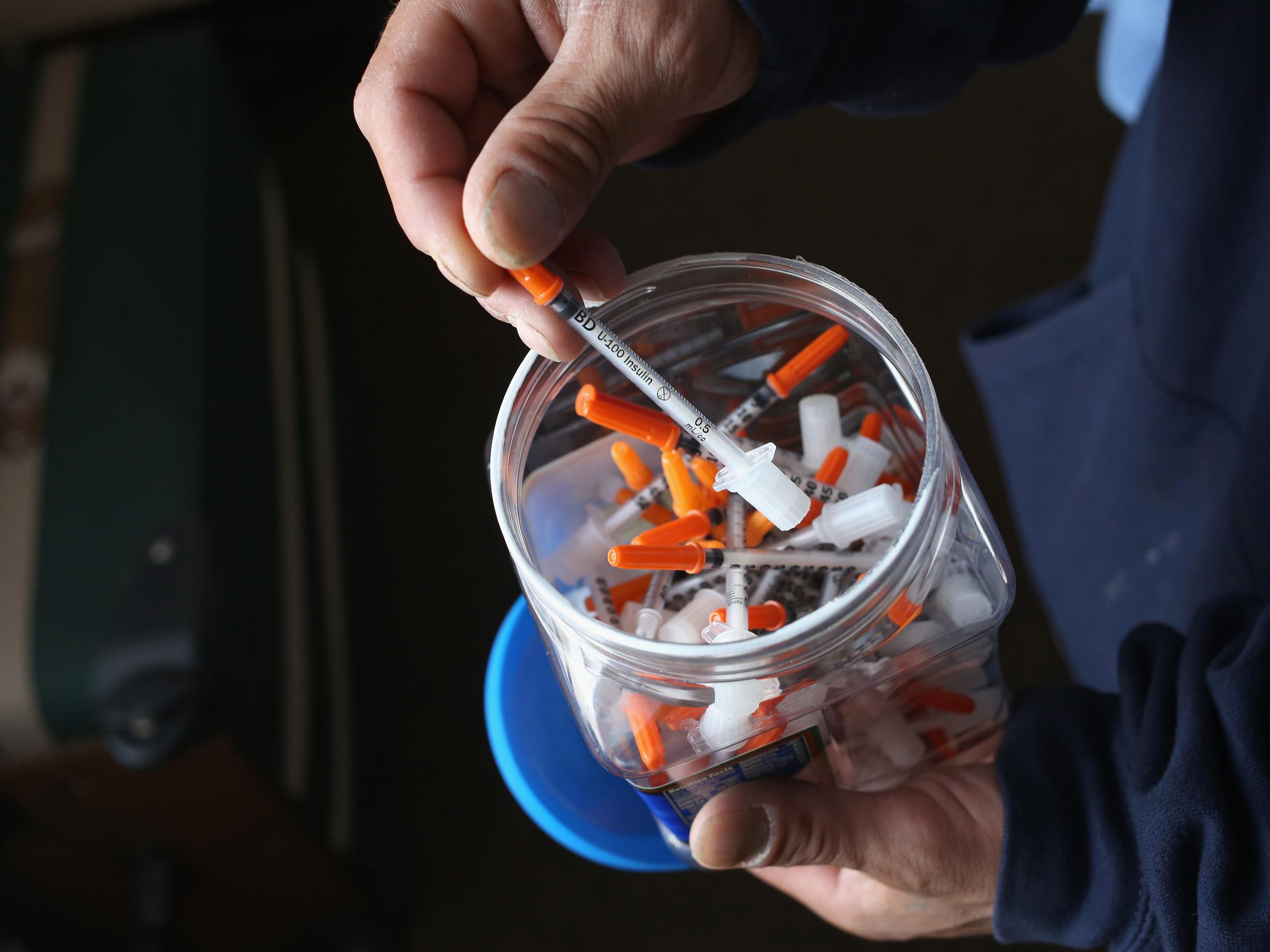United Nations and World Health Organisation call for drugs to be decriminalised
But member states still want narcotics to be illegal

Your support helps us to tell the story
From reproductive rights to climate change to Big Tech, The Independent is on the ground when the story is developing. Whether it's investigating the financials of Elon Musk's pro-Trump PAC or producing our latest documentary, 'The A Word', which shines a light on the American women fighting for reproductive rights, we know how important it is to parse out the facts from the messaging.
At such a critical moment in US history, we need reporters on the ground. Your donation allows us to keep sending journalists to speak to both sides of the story.
The Independent is trusted by Americans across the entire political spectrum. And unlike many other quality news outlets, we choose not to lock Americans out of our reporting and analysis with paywalls. We believe quality journalism should be available to everyone, paid for by those who can afford it.
Your support makes all the difference.The United Nations and World Health Organisation have issued a call for drugs to be decriminalised.
Buried in a joint release on ending healthcare discrimination, the organisations called for the “reviewing and repealing punitive laws that have been proven to have negative health outcomes” by member states.
Among a number of measures, this included “drug use or possession of drugs for personal use”.
While the WHO has previously called for drugs to be decriminalised in the context of HIV reduction, the UN has limited its calls to health- and evidence-based solutions to drug abuse.
Last year, nations meeting at the UN General Assembly Special Session on drugs maintained a criminal approach to narcotics, despite strong concerns from a number of countries.
But last month, on the International Day Against Drug Abuse, UN Secretary General António Guterres called for tackling the problem through “prevention and treatment,” adhering to human rights.
He said: “Despite the risks and challenges inherent in tackling this global problem, I hope and believe we are on the right path, and that together we can implement a coordinated, balanced and comprehensive approach that leads to sustainable solutions.
“I know from personal experience how an approach based on prevention and treatment can yield positive results.”
Mr Guterres was Prime Minister of Portugal when the country launched its landmark drug decriminalisation programme, which also introduced greater resources for drug prevention and treatment projects.
Portugal saw its drug fatalities fall to one of the lowest in Europe and also reduced the prevalence of HIV among injectors.
But the illegal drugs trade is a complex international issue. Executive Director of the UN Office on Drugs and Crime, Yury Fedotov, used his statement for the day to highlight the challenges posed by narcotics.
“The nexus between drugs, crime and terrorism and reveals a shifting pattern of relationships,” he said.
“As new threats appear, including spreading methamphetamine and new psychoactive substances, old ones continue to thrive. Business models are evolving too, with cybercrime and the darknet increasingly playing a role.”
Join our commenting forum
Join thought-provoking conversations, follow other Independent readers and see their replies
Comments